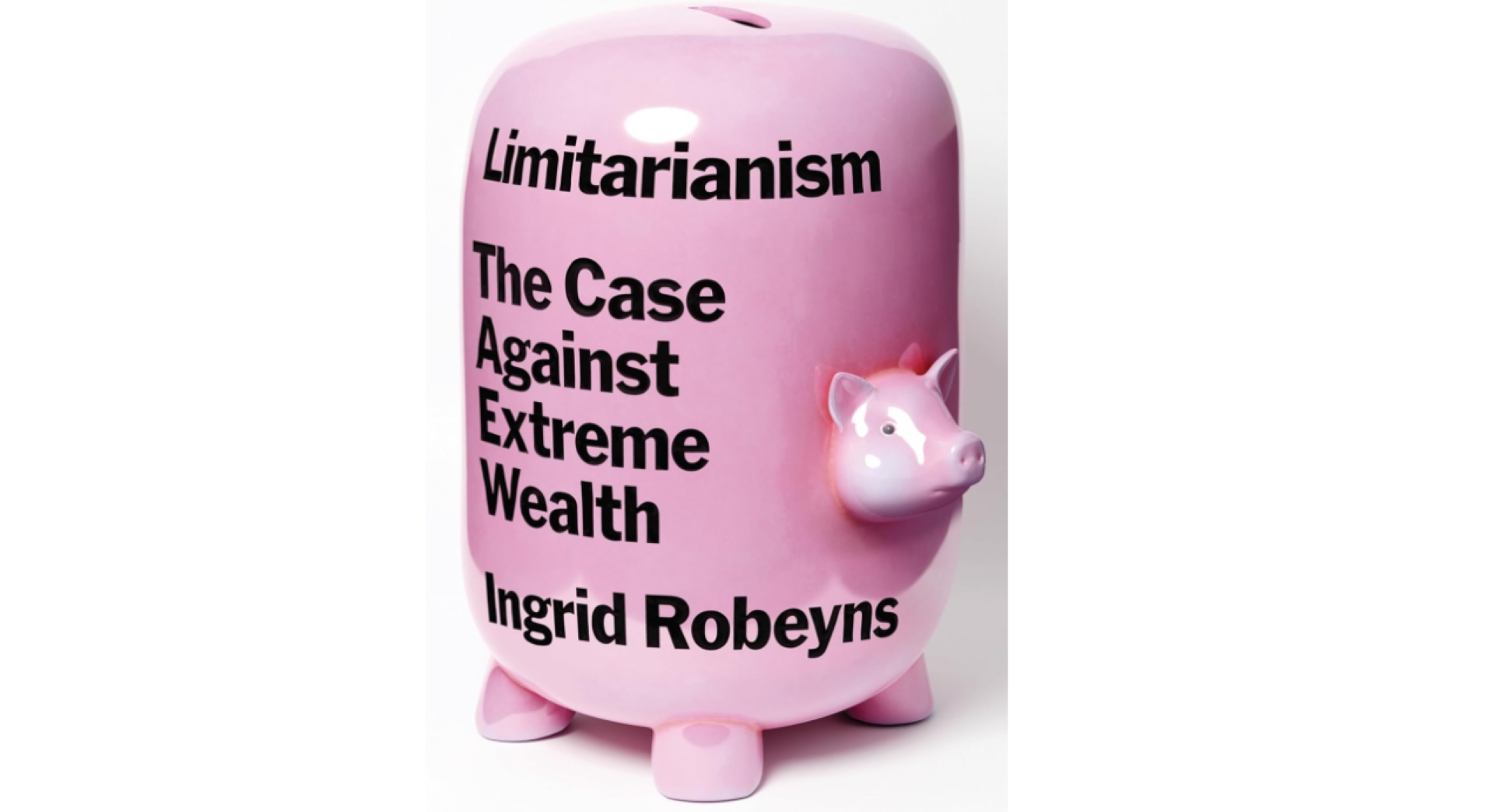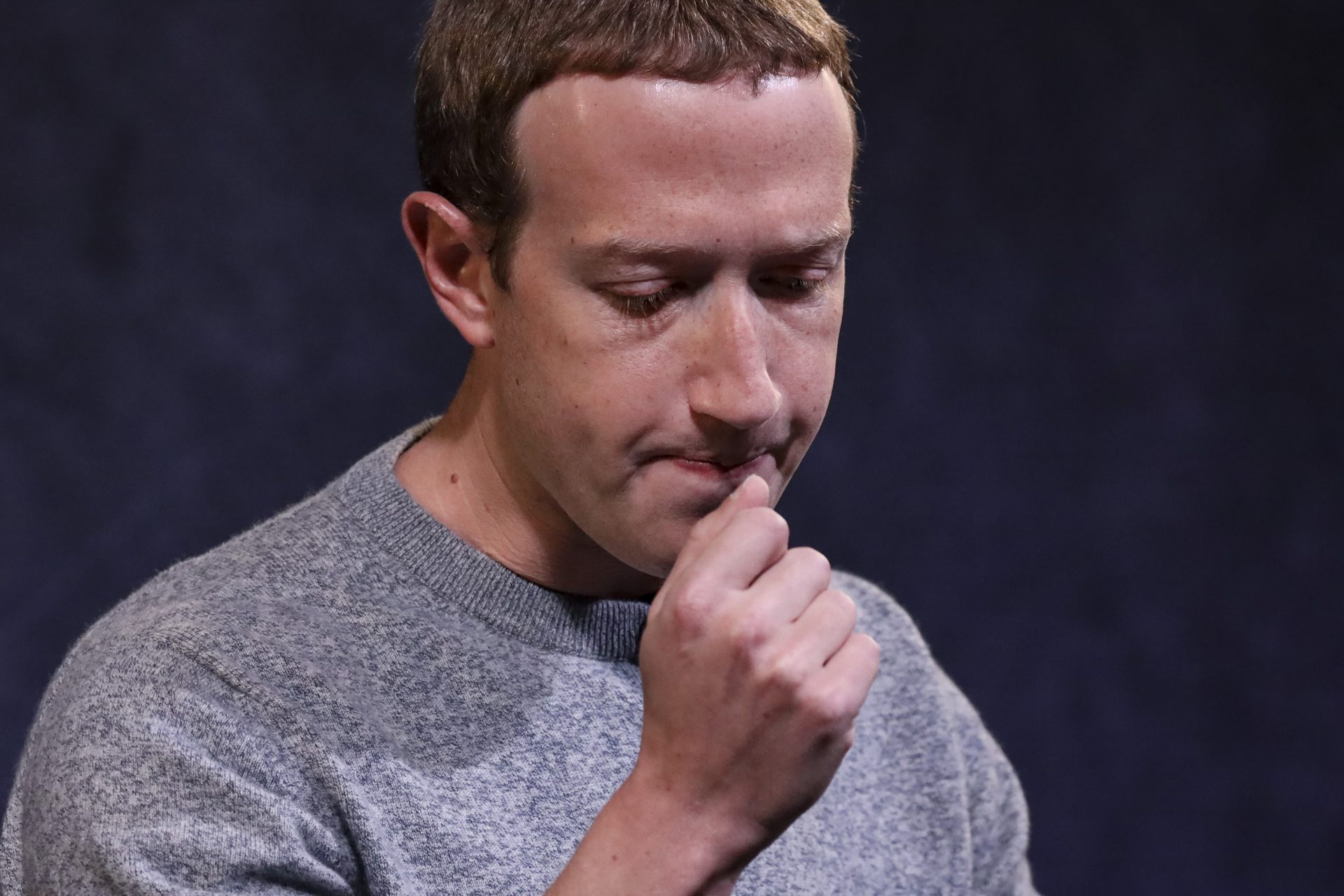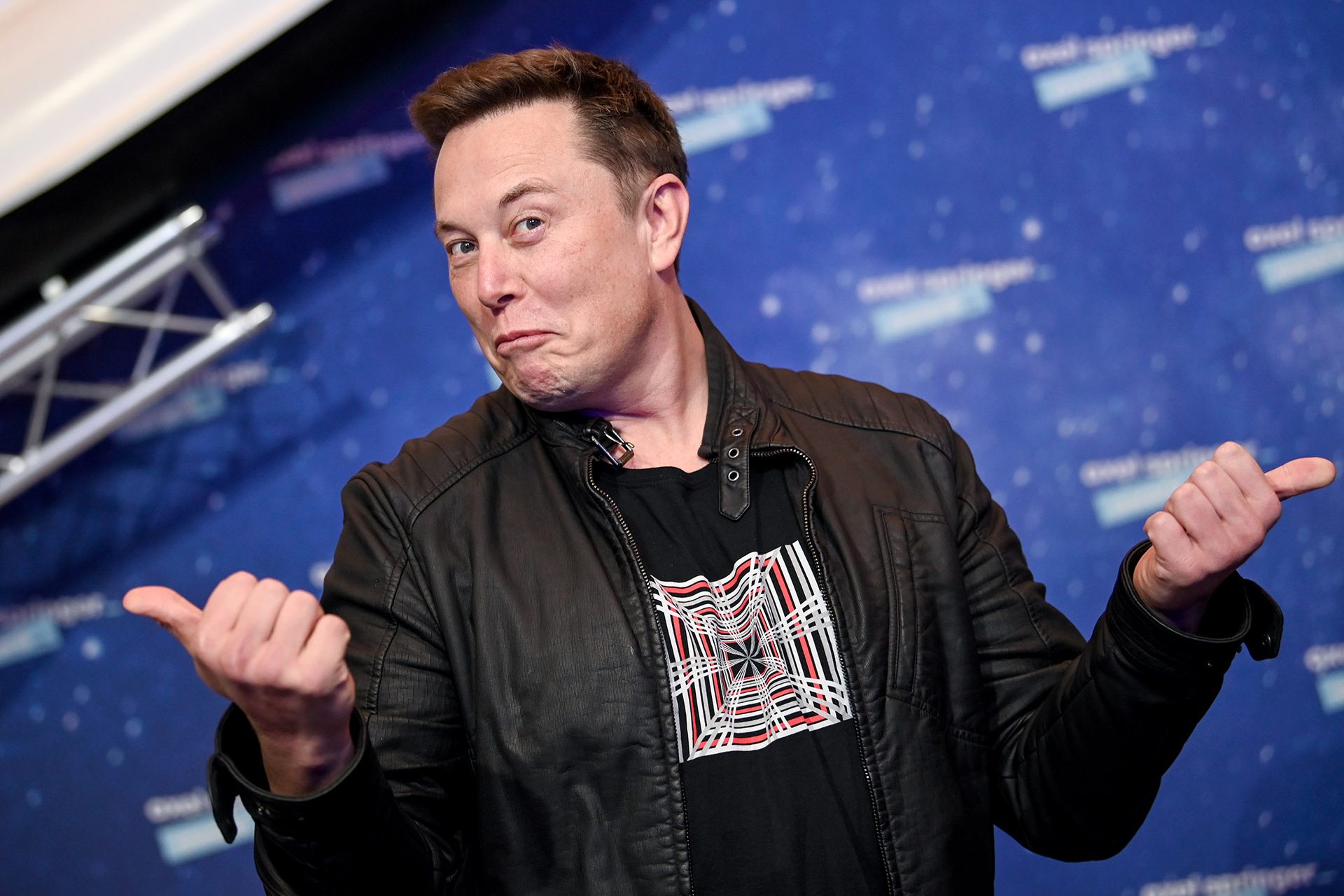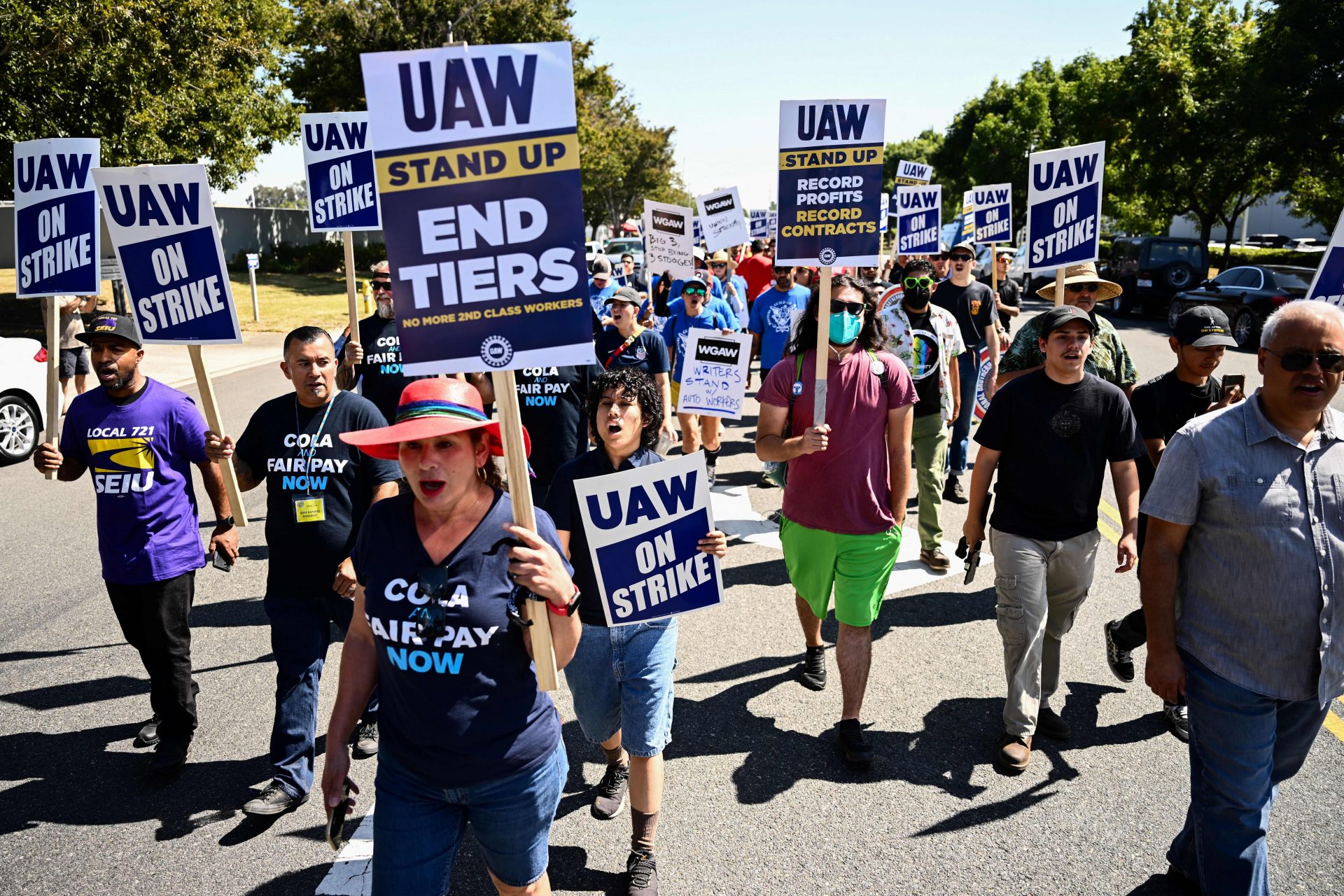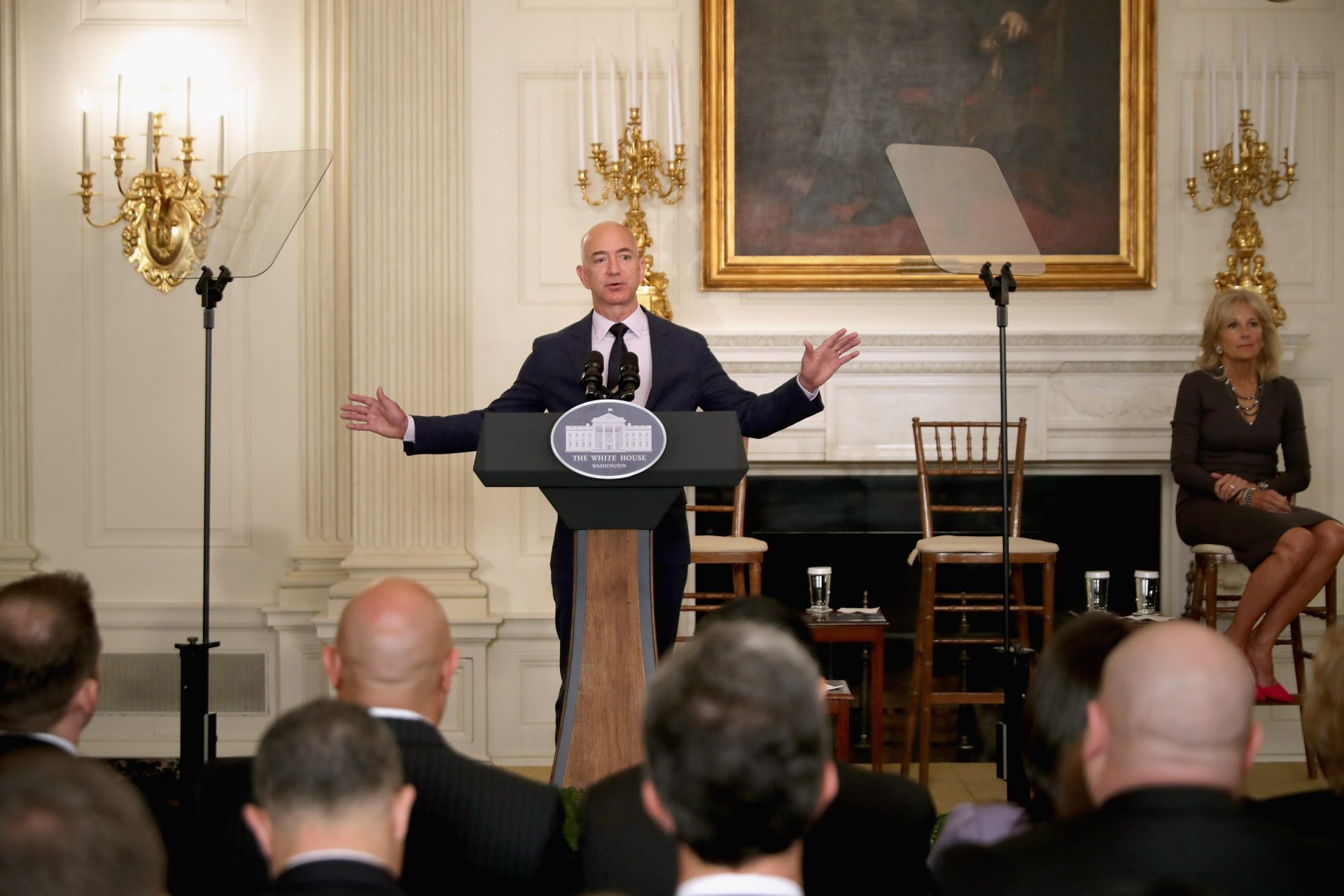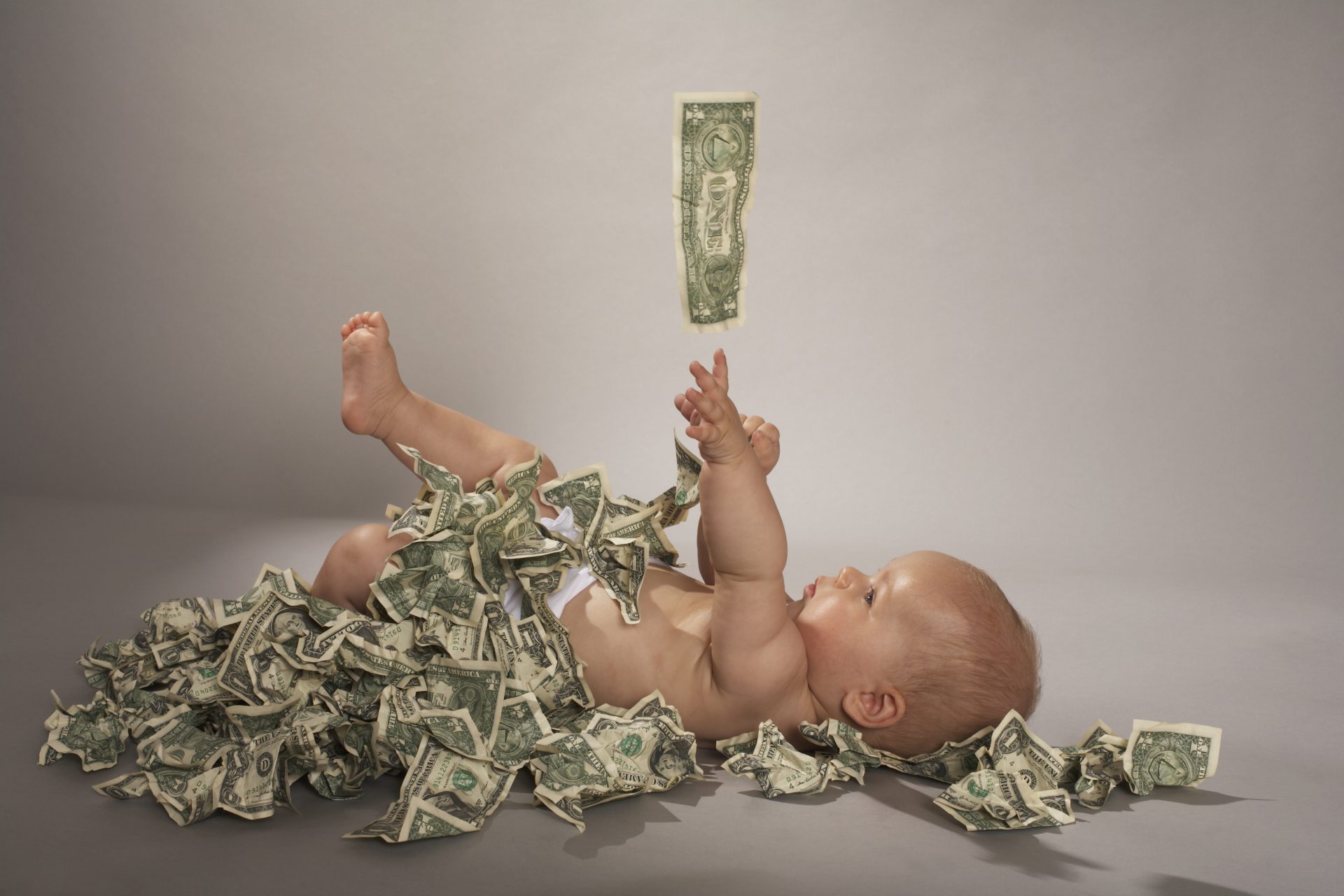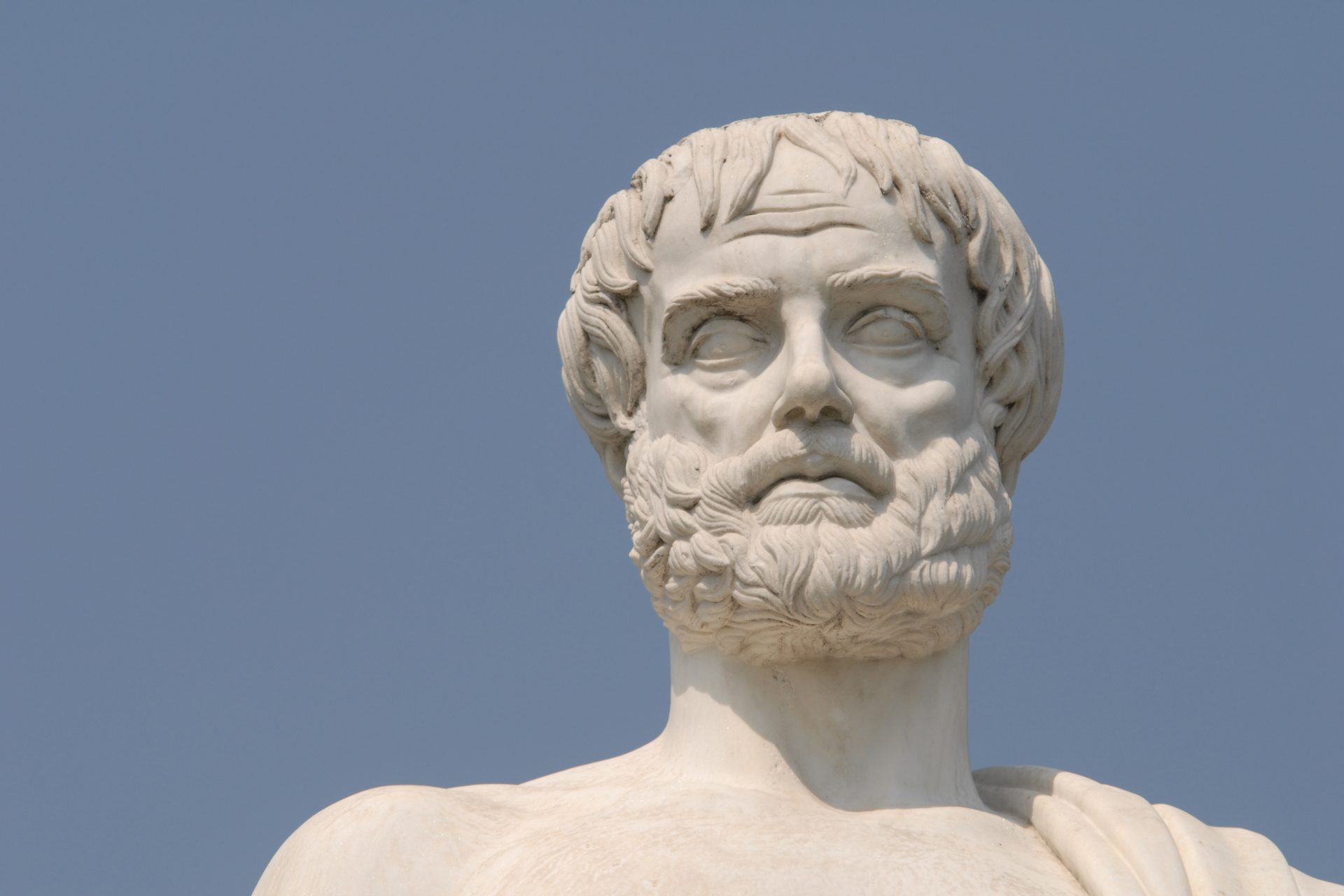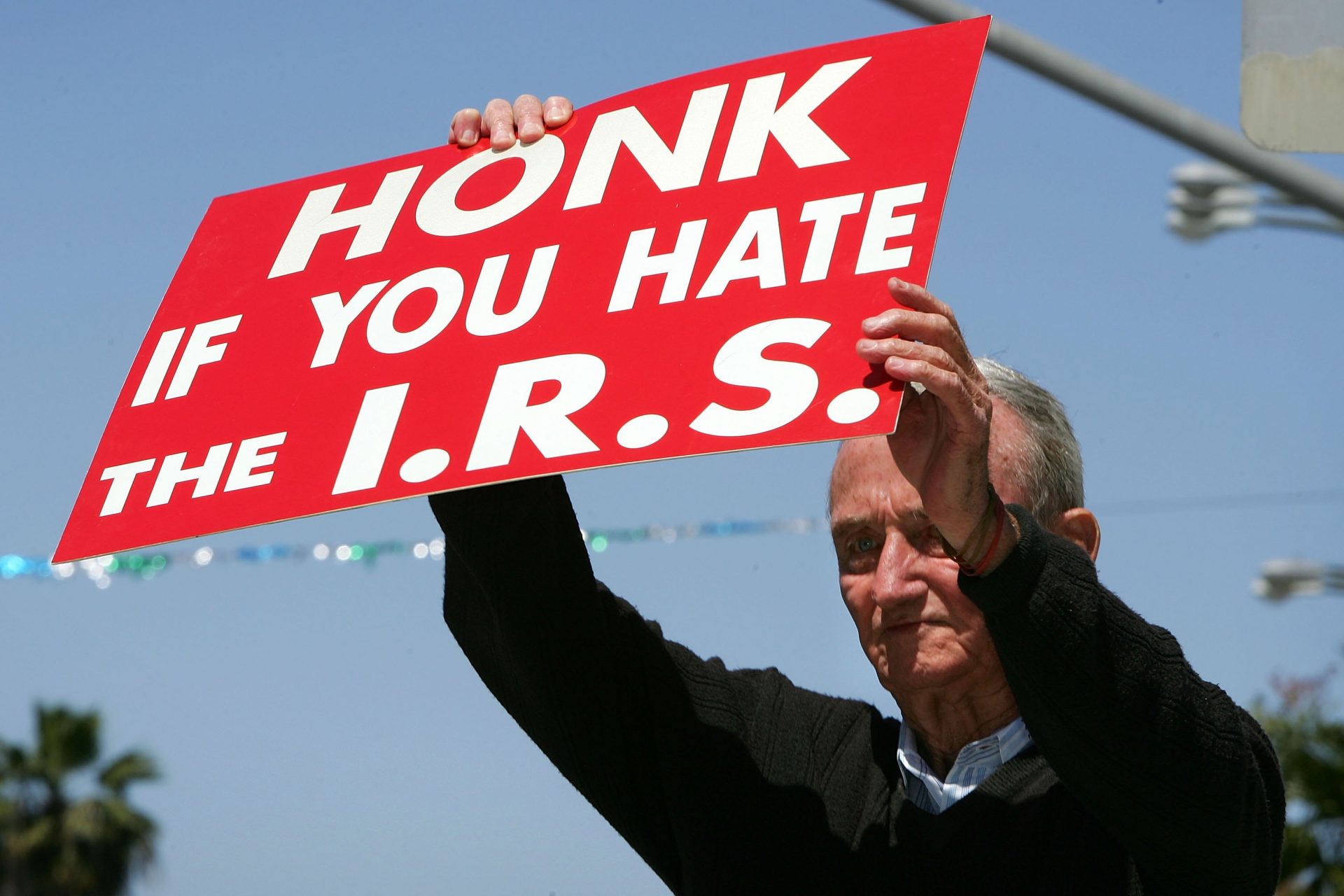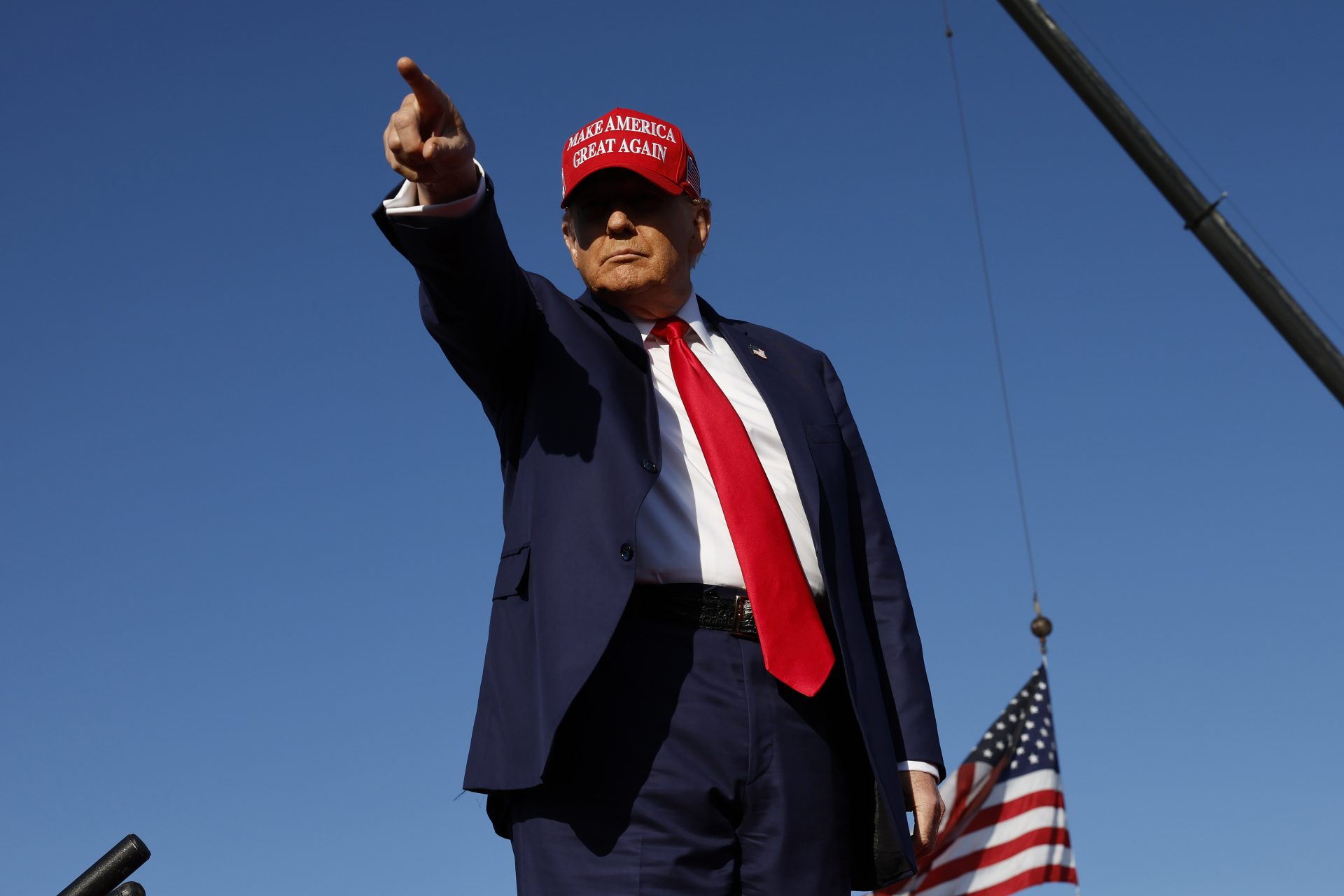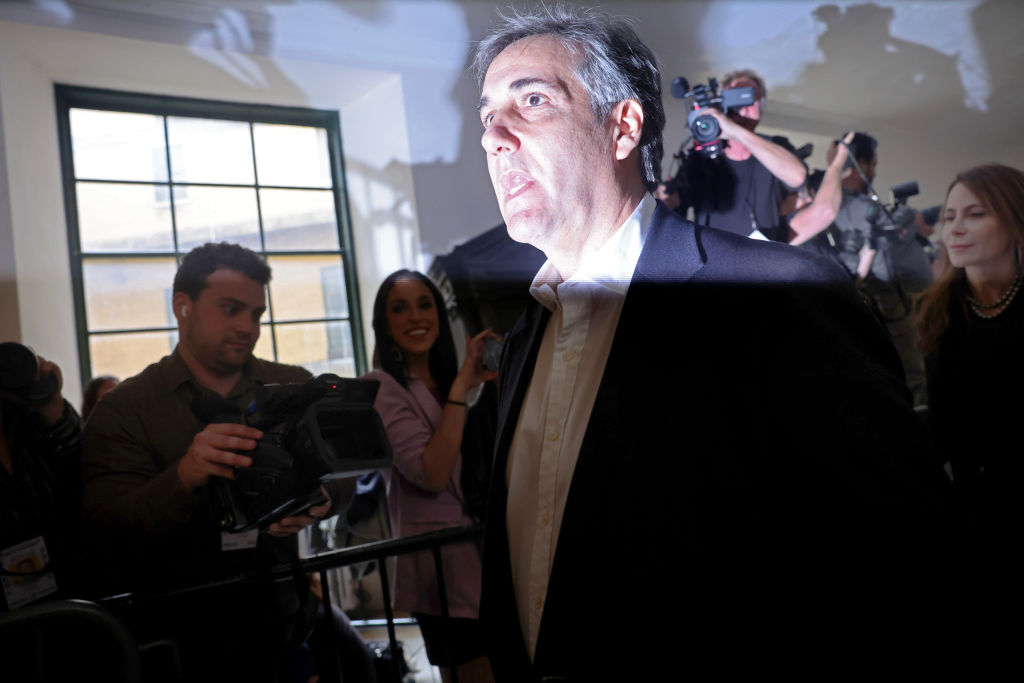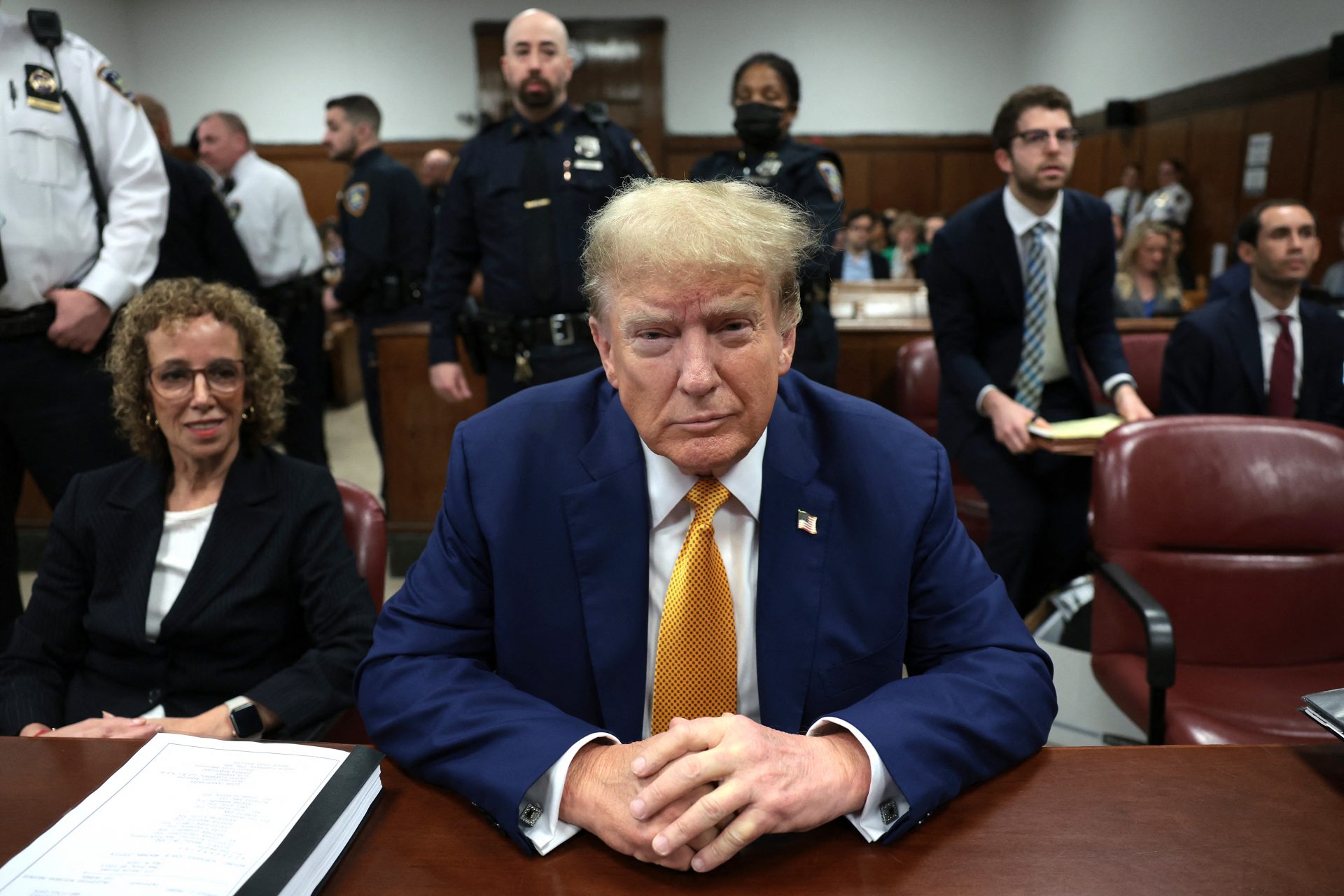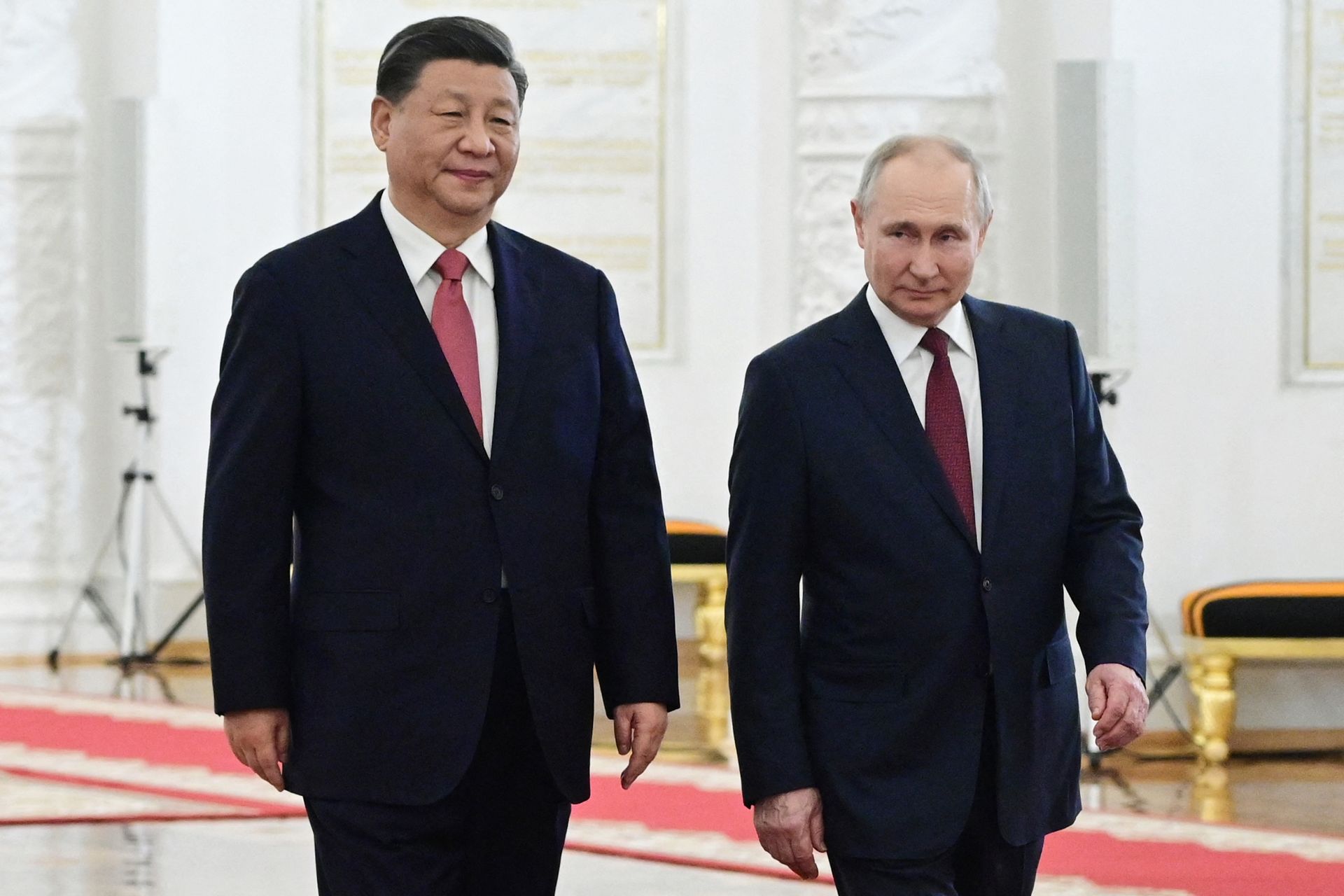Limitarianism: should there be a limit to how rich people can be?
There’s a hot new “ism” floating around policy and economics circles — limitarianism. Fundamentally, it is the view that there should be an upper limit op on the amount of wealth an individual can hold. It’s like the poverty line, but reverse. Why? Because it's needed to sustain democratic systems.
While the term limitarianism has existed for hundreds of years, it is the Dutch/Belgian philosopher Ingrid Robeyns who is drumming up support for the idea. She has studied inequality for decades and has a doctorate in economics from the University of Cambridge. Her new book is called ‘Limitarianism: The Case Against Extreme Wealth.’
Image: Book cover, Astra House (January 16, 2024), via Amazon
Robeyns says that in a country like the Netherlands, with a public healthcare system and pensions, the political wealth cap should be €10 million ($10.89 million) – anything over would be taxed at 100%.
But she also says that ethically, it should be viewed as questionable to have anything over €1 million because research has found that more than that simply doesn’t make you happier.
She argues that it’s important to understand just how rich today’s super-rich are. Say you were to dedicate your working life to trying to obtain the wealth of Elon Musk. If you worked 50 hours per week between the ages of 26 and 65, you would need to earn $1,871,794 per hour! That’s more than 5 million times the average US hourly wage of $34.27.
Yes, all the world’s billionaires make up the population of just a small village, according to Forbes. But combined they hold a staggering $12,700,000,000,000. How does their $12.7 trillion in net worth compare to other groups?
Well, the fewer than 2,7000 billionaires hold around six times more wealth than the ‘poorer’ half of Americans — 166 million people in the wealthiest country in the world. The American working class was worth $2.3 trillion in wealth in 2019, according to the Congressional Budget Office.
At the same time, 90% of Americans (nearly 300 million people), were worth $32.4 trillion. That’s just 2.5 times more than the small village of billionaires.
“Good for them,” some may say. “Their wealth isn’t hurting me.” While that may be a popular opinion, Robeyns disagrees strongly. The concentration of health in such a few hands is “setting the world on fire,” she told the Guardian. Here are some of her arguments as to why…
Image: Scrooge McDuck and Money (Walt Disney, 1967)
One of her arguments is that ultra-wealthy people are destroying the environment… and making everyone else pay for it. A 2023 report by Oxfam, the Guardian, and the Stockholm Institute found that the richest 1% of humanity is responsible for more carbon emissions than the poorest 66%; it would take about 1,500 years for someone in the bottom 99% to produce as much carbon as the richest billionaires do in a year.
Even (or especially) in democracies, Robeyns says that once you have enough money you can “buy politics.” This can be done through funding candidates, political parties or media outlets. Using the power of donation, the uber-rich can often lobby for changes that will benefit them, such as lower taxes or environmental regulations that benefit their businesses. Or do it themselves — 11% of the world’s billionaires ran for office or became politicians themselves, according to a 2023 study.
Image: Jeff Bezos with Jill Biden at the White house
Even billionaires are becoming increasingly aware of the injustice of today’s wealth inequality. In 2019, multi-billionaire Nick Hanauer wrote a memo to his “fellow zillionaires” saying: “If we don’t do something to fix the glaring inequities in this economy, the pitchforks are going to come for us…” Robeyns says the climate breakdown could be what pushes that limit.
Robeyns argues that hard work should be valued. She also emphasizes that so much of wealth comes down to luck factors like genetics and good health “None of this we have any control over… so if you are very smart with high energy levels, you should feel lucky and grateful because you just happened to draw a great ticket from the natural lottery,” she said on the Gray Area podcast.
Economic success is also largely determined by social factors such as one’s parents, friends, teachers, and even society. That’s why she says, people who do achieve success, shouldn’t claim what they earned as theirs and theirs alone. “I do think people should still feel proud of their accomplishments… but we should not jump from that to saying ‘you can have whatever the market gives you,’” she added on the podcast, while also acknowledging they should be rewarded for their work… while also helping those with less luck.
Robeyns argues that the trillions of dollars collected by putting wealth caps could be spent on better things. For instance, the government could make massive investments in green energy and other environmental plans to avoid environmental collapse. It could be spent on social programs, poverty alleviation, affordable housing and reducing crime. In a nutshell, instead of being hoarded by individuals, it would be spread out among the population in a way that benefited everyone by making towns, cities and the planet more liveable.
Robeyns argues that her philosophy isn’t about punishing the wealthy. Instead, it’s about the responsibility to fellow human beings. Everyone, she says, should look at the question asked by the ancient Greeks about what we need for a good life. She says research finds that, beyond a certain point, it’s not money or material consumption. Instead, it's a community, free time, health, helping others, and a loving family or friend group.
“Even the super-rich might be glad if there was a finishing line!,” wrote British sociologist Richard Wilkinson, in a review of Robeyns’ book. In other words, instead of having to play the unending game to be the “richest,” there would be a point where you reach the maximum economic success. From there, the talented and lucky wealthy could focus their lives and energy on what truly satisfies them.
Disney heiress Abigail Disney agrees deeply with the book. She even vouched for it directly, writing: "It is high time someone asked the question, "Is there such a thing as having too much money?" Along with its corollary question, 'So what are we going to do about it?'" She's worth around $120 million, according to Forbes.
One of the main criticisms of her polarizing work is that it is socially unacceptable and would never be taken up. “it runs counter to what empirical research reveals about how attitudes to economic inequality works in that people’s acceptance of inequality adjusts: the more unequal a society is, the more inequality is accepted as fair,” wrote Lena Halldenius in journal Ethical Theory and Moral Practice. She says there are better ways to reduce inequality that wouldn’t be so shocking.
A similar but different criticism is that beyond social acceptance, the ultra-wealthy would never let it happen. If they are as powerful as she says, not many of them would be willing to give up the money that some of them worked for (or inherited, got in a divorce or through investments). Does she really think Elon Musk or the Koch brothers would be willing to settle for a “mere” $10 million — or even $100 million without a massive fight?
Another criticism is the idea that ultra-successful people might not be as driven to work hard, take risks and innovate. At the same time, academics Jessica Flanigan and Christopher Frieman argue in ‘Ethical Theory and Moral Practice’ that “billionaires are typically in a better position to benefit the poor and to solve collective action problems than public officials,” and that “corporate leaders tend to be more accountable to their fellow citizens than public officials.”
More for you
Top Stories




